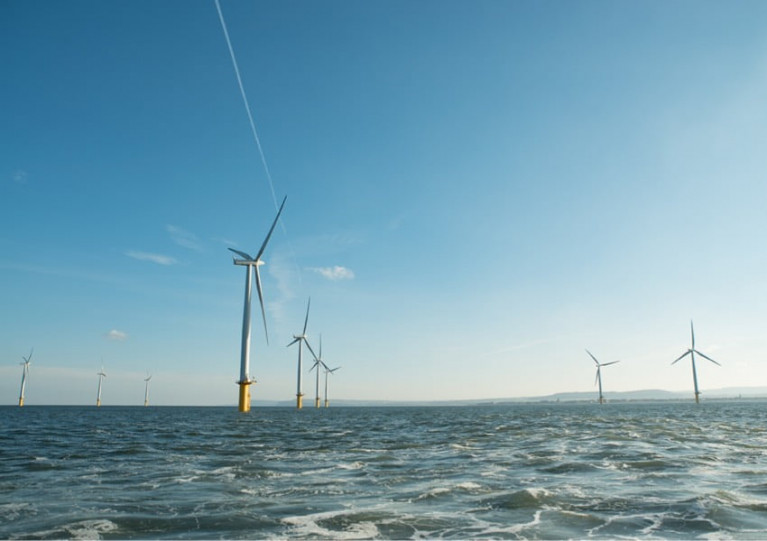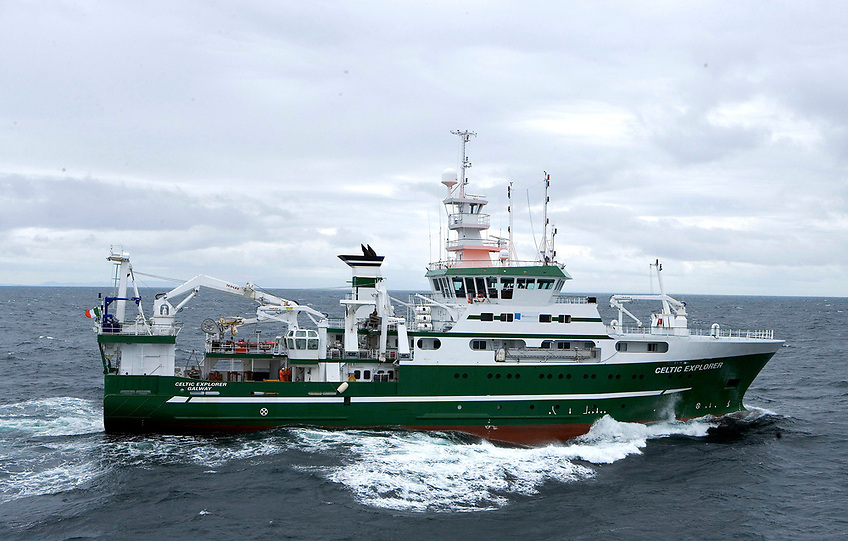The Department of Transport has been advised that Codling Wind Park Limited intend to conduct a series of geophysical surveys in the Irish Sea off Dublin and Wicklow from Wednesday 14 April to Wednesday 26 May, weather permitting.
This work is intended to provide options for export cable routes to possible landfall options in the areas of Poolbeg, Dun Laoghaire, Greystones and Wicklow.
A total of two vessels will be working on the project. Arctic Ocean (callsign OZGP2) will undertake geophysical operations to characterise the export cable sites (weather permitting). Survey operations will be conducted on a 24-hour basis.
Meanwhile, Faraday (callsign MJZX5) will undertake geophysical operations (weather permitting). Survey operations will be conducted on a 12-hour basis.
Throughout survey operations, the vessels will be displaying the appropriate lights and shapes. As both vessels will be towing survey equipment, they will also require large turning circles and will be restricted in their ability to manoeuvre.
All vessels operating within the work area are requested to keep their distance, maintaining at least the 500m safety zone around the survey vessel and pass at minimum speed to reduce vessel wash.
Further details including coordinated and contacts are included in Marine Notice No 21 of 2021, a PDF of which can be downloaded below.































































